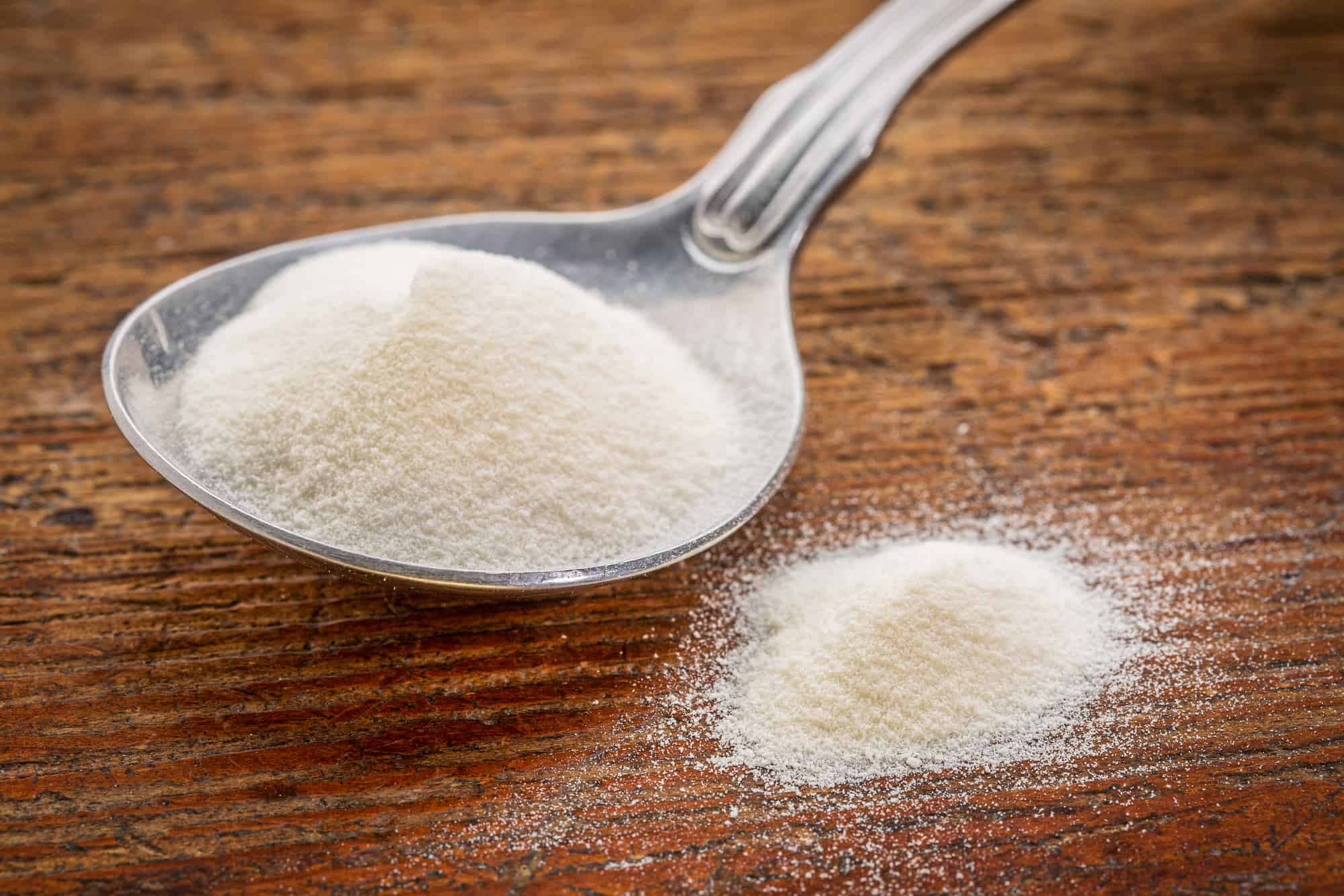Peat Bogdanoff
Member
Ever since I was 8. I've been on a number of constantly shifting psychiatric medications. As of a year or so ago I have been working on weaning myself off of them with the aid of a psychiatrist, with priority to my SSNRI (Venlafaxine), partly because I can't take certain foods and supplements with them. A month or so ago I went from 150 to 75 mg, which seemed to go so well, that I stopped taking them, Bad move, I know. I feel like every person on psychiatrics makes this mistake at least once, haha. I experienced unprompted, physical panic attacks for the first time in my life. Without going into detail, it was a bit of a crisis situation, and with a new psychiatrist (due to a change in service provider), I will now be doing 75mg every other day, taking Hydroxyzine when a panic attack comes on (she also said it makes a good sleep aid) consensus on the Peat forums appear to be that Hydroxyzine can be good but is inferior to Cyproheptadine (something which I was actually prescribed for migraines in the past but both my PCP and this psychiatrist seemed wary of putting me on)?
I suppose my questions are "How do you deal with panic attacks?" (Oh, when i was having them I tried a tablespoon of salt and bag breathing, which worked very well but only lasted an hour or so.) and more "Are there concerns about Hydroxyzine I should be aware of?" Also, if anyone wants to share their experience in getting off SSRIs and SSRI-like drugs please do.
I suppose my questions are "How do you deal with panic attacks?" (Oh, when i was having them I tried a tablespoon of salt and bag breathing, which worked very well but only lasted an hour or so.) and more "Are there concerns about Hydroxyzine I should be aware of?" Also, if anyone wants to share their experience in getting off SSRIs and SSRI-like drugs please do.


